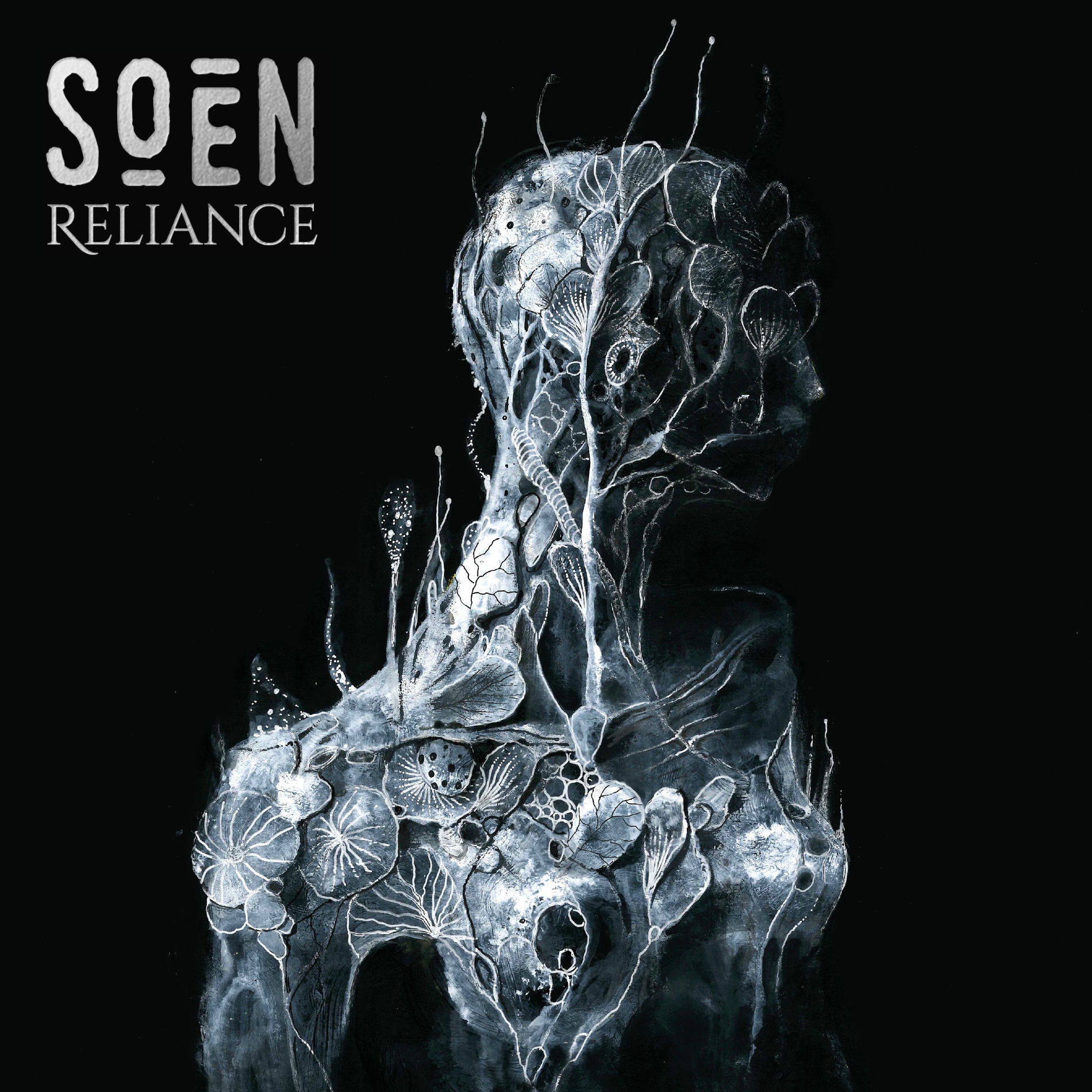New Zealand pop sensation Lorde delivers her highly anticipated fourth album, Virgin, a return to form after the sharp sonic detour of her previous record. To the delight of many fans, the artist revisits the electronic aesthetic that defined her first two albums, something I personally appreciate immensely.
Her prior album, Solar Power, leaned heavily on stripped-down acoustic guitar strums, a drastic shift from her established sound. As a huge fan of her early work, Solar Power left me, and many others around the world, deeply disappointed.
Given the polarizing reception of that third album, it’s no surprise that Virgin sees Lorde returning to her signature electronic sound, driven by synthesizers and other electronic elements.
Overall, Virgin feels musically minimalist, with a strong presence of synthesized pads forming the backbone of the tracks. In this sense, it strongly recalls her debut, Pure Heroine. While I appreciate the return to her original sound, I would’ve preferred to hear a bolder evolution within her electronic style.
The standout feature of Virgin is undoubtedly the vocal melodies, so distinctly, unmistakably Lorde. Her delivery and intensity shine through in every performance.

The lyrics are, as expected, intricately crafted. Writing thoughtful, deeply personal lyrics has always been one of Lorde’s strengths, infused with her characteristic playful, sarcastic, hyper-realistic, and introspective tone.
Where her early albums, Pure Heroine (2013) and Melodrama (2017), drew from her teenage experiences and observations, Virgin reflects the life of an adult woman, with updated themes, a distinctly feminine perspective, and a clear departure from her former teenage innocence.
Recurring moments in the album convey her growth and self-discovery, suggesting that the way she presents herself here is how she has always been (Hammer, Man of the Year, GRWM). Themes of drug use (What Was That) and a heavy dose of promiscuity (Shapeshifter, Current Affairs) also surface.
This latter theme feels so central to Virgin that it’s even implied in the album’s cover art, which features an X-ray image of a female pelvis with an IUD. Lorde has noted that the X-ray also symbolizes the transparency of her expression throughout the album, a trait abundantly clear in the lyrics. Perhaps overly so.
As a massive Lorde fan, I must admit I don’t see myself returning to Virgin in the future. While I appreciate the return to form, the album’s themes, drug use, hyper-promiscuity, and its strong feminine perspective, along with a certain rawness or coldness, don’t resonate with me personally. Overall, Virgin leaves me with an unsettling feeling.
On top of that, it often feels like Lorde is trying to musically cover her Pure Heroine era, resulting in moments that sound forced, less original, and occasionally dull.
That said, I was thrilled to hear Lorde’s voice and her signature vocal melodies, which remain unmistakable, especially wrapped in her classic electronic aesthetic.
For that alone, Virgin is worth a few listens. But I’ll say this, by the end of its 35-minute runtime, I feel a bit relieved to step away from the unease it evokes, and I’m overcome with a strong urge to revisit the prettier, more intricate, and innocent songs of Melodrama.
Lorde has always been an authentic artist, from her early days to now, simply showing who she is. Take it or leave it, it’s clear she’s no longer the teenager we first met. From youthful angst to adult chaos, her constant, her essence, remains her sincerity and transparency.






